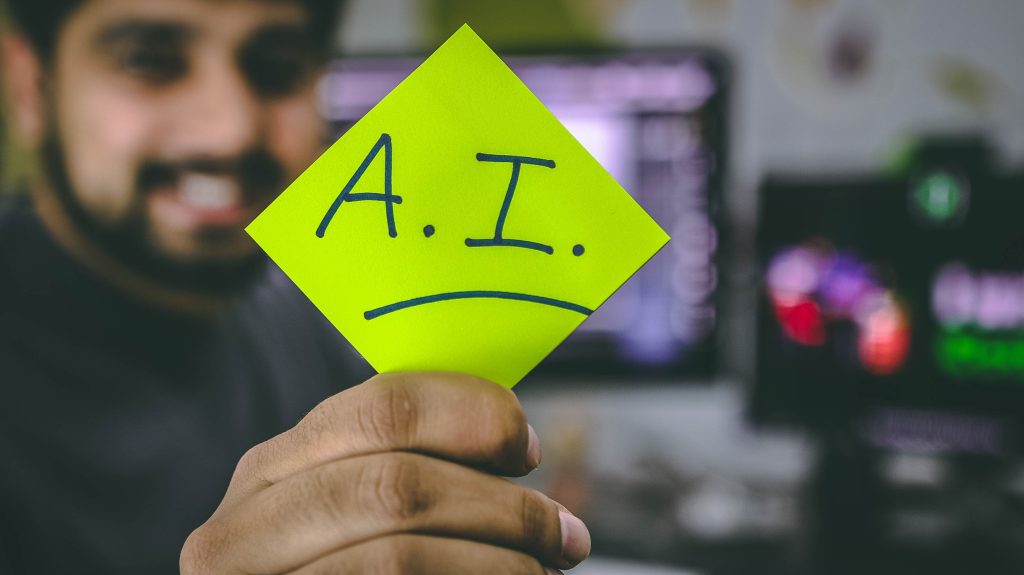AI-generated patents are patents that have been developed by an artificial intelligence system, without direct human involvement. While this idea may seem intriguing, it raises ethical and legal issues, including who owns the patent rights for AI-generated inventions, concerns about flooding the patent office with low-quality or obvious patents, and the potential to undermine the role of human creativity in the patent system. This issue will require careful consideration by legal and ethical experts to ensure that the patent system continues to encourage and reward true innovation. For the same reason, the US Supreme Court ruled that it will not recognize AI-generated patents.
AI can use Intelligent Computing to Generate New Patents
The recent ruling by the U.S. Supreme Court has brought this issue to the forefront. The case involves Dr. Stephen L. Thaler, an American AI expert who developed a system called DABUS that allows the AI to create various patents. DABUS is designed to have independent thinking and creation capabilities similar to the human brain, using its internal storage of large amounts of data and an intelligent computing system that can create unexpected results.

While Dr. Thaler believed that DABUS’s patent applications should be recognized, the U.S. Patent and Trademark Office (USPTO) rejected them. As a result, Dr. Thaler took the issue to court, but the U.S. Supreme Court upheld the USPTO’s view that AI-generated patents were not recognized by law.
This ruling has sparked a debate on the legal recognition of AI-generated patents. Supporters argue that AI-generated patents can promote innovation and creativity, while critics worry that they could stifle innovation by flooding the patent office with low-quality or obvious patents.
As AI technology continues to develop and become more sophisticated, the debate over AI-generated patents is likely to intensify. It remains to be seen how the legal system will handle this issue in the future, but for now, the U.S. Supreme Court has made it clear that AI-generated patents are not recognized by law.
RELATED:
- Hisense Patents a Dual-Screen Smartphone with Front and Rear Displays
- Google wins $20 million appeal over patent dispute for its Chrome tech
- Best Multiport Travel Chargers 2023
(Via)







